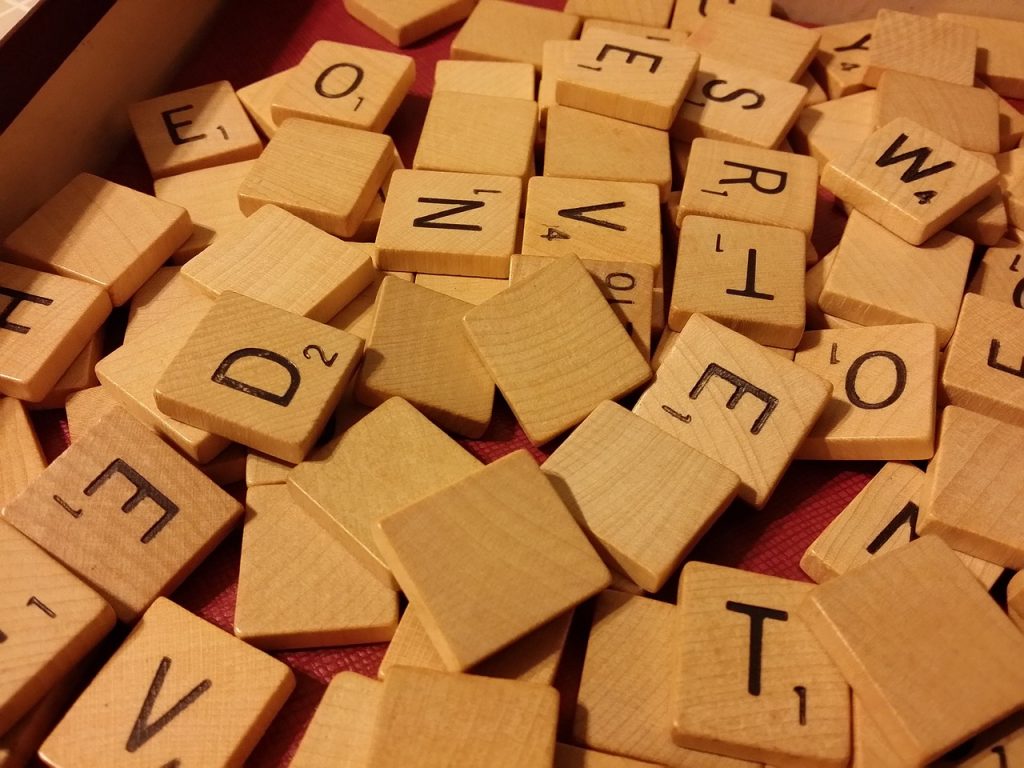Anyone learning a new language almost always has this one goal: to be able to communicate in that language. Without a functional vocabulary, however, this goal is unattainable.
If you look up the number of German words on the Internet, you will come across figures ranging from 145,000 to 5.3 million. Even the figure of 145,000 is not very encouraging. And it is certainly too low.
The good news is that nobody should be discouraged by these figures. Even William Shakespeare needed fewer than 20,000 words for his entire work. Linguistic research comes to the conclusion that around 2,000 words are sufficient for communication at a basic level. To communicate at a professional level, around 4,000 words are required.
But of course it depends on which 2,000 or 4,000 words you learn. And this is where our research and the verb pyramid based on it can help you.
The most important German verb by far is ‘sein’. With this one verb, you already cover more than 10% of all verbs used in modern German.
With the 50 most important German verbs, you already cover around 50%.
We find the verb ‘fahren’ in about 50th place among the most important German verbs (nobody can say for sure). You should definitely know it, but ‘sein’ is used almost 70 times as often as ‘fahren’.
‘bewundern’ is in about position 500. Although this verb is also one of the 4,000 most important German words, it only accounts for around 0.03% of all verbs.
‘sein’ is therefore more than 400 times as important as ‘bewundern’.
Of course, it is desirable to know as much vocabulary as possible. But these examples should show you how important it is to pay attention to relevance when learning vocabulary.
The highly efficient vocabulary training programme from S&W Training helps you to build up your German vocabulary systematically and efficiently.
Send us an e-mail if you are interested in a free trial.
By the way: Perhaps you are wondering why we are presenting you with this hand-made version and not, for example, a professional-looking PowerPoint slide?
The answer is quite simple:
We don’t want to pretend scientific accuracy where it doesn’t exist. But you can rest assured that our verb pyramid reflects reality very well.

